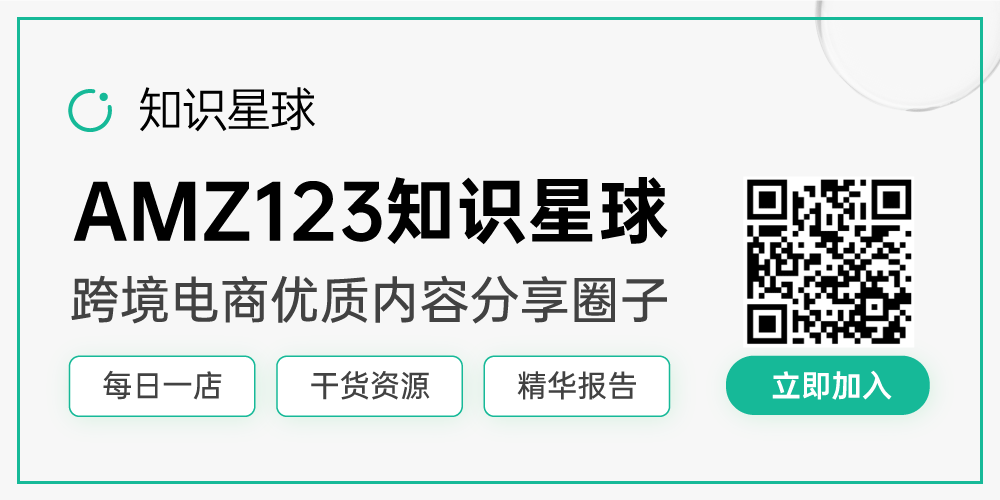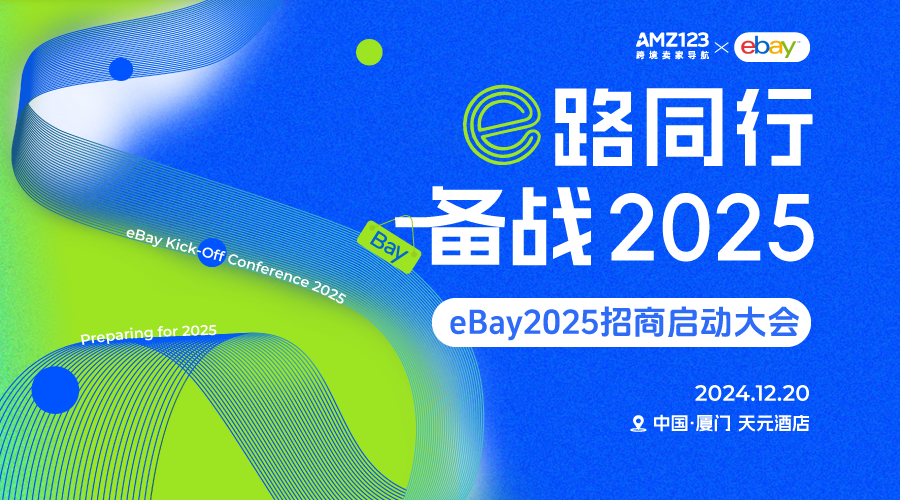外贸干货|别再混淆了!这些外贸中常见的词语这么用!
商业信函中常常被误解的词语
1、Confirm
例一:很高兴通知您,我们的回样将于本周末用特快专递给您。请尽快确认,以便我们开始大批生产。
We'd like to inform you that our counter sample will be sent to you by DHL by the end of this week. Please confirm it ASAP so that we can start mass production.
例二:付款方式为100%保兑的、不可撤销的即期信用证。
Payment will be made by a 100% confirmed, irrevocable Letter of Credit, available by sight draft。
在第一个句子中,confirm的意思是"确认";
在第二个句子中,confirmed L/C应翻译为"保兑信用证",即指一家银行所开的由另一家银行保证兑付的一种银行信用证。
2、Negotiable
例一:招聘兼职酒吧侍者,工作时间和薪水面议。
Part-time barman required. Hours and pay negotiable.
例二:所签发的提单为可转让的。故只要在提单上背书,便确定了货物和持票人的所有权。
This Bill of Lading is issued in negotiable form, so it shall constitute title to the goods and the holder, by endorsement of this B/L.
在第一句话中,negotiable的意思是"可商议的";
在第二句话中的意思则是“可转让的"。"可转让提单" 经过背书后即可将所有权转让给他人。
值得注意的是,negotiating bank是议付银行,即购买或贴现汇票的银行。
3、Endorse
例一:我们的产品为全国质量检查协会推荐产品。
Our products have been endorsed by the National Quality Inspection Association.
例二:汇票必须附有全套印有"货物收讫"字样的正本海运提单,凭指示、空白背书,并写明"运费已付"。
Drafts must be accompanied by full set original on board marine bill of lading made to order,endorsed in blank, marked right, prepaid.
在第一个句子中,endorse指用过某种产品后感到满意,并通过媒体介绍给公众;
而第二句中的endorsed in blank是指背书人endorser只在票据背面签上自己的名字,而不注明特定的被背书人(endorsee)。
4、Average
例一:如果某批货是部分受损我们称之为"单独海损"。
If a particular cargo is partially damaged, the damage is called particular average.
例二:很明显,这批产品的品质是中下水平。
It's obvious that the products are below average quality.
在第一个句子中,particular average意思是"单独海损",是指在保险业中由于海上事故所导致的部分损失;
第二个句子中average是指"平均的"。
5、Tender
例一:在 CIF 价格术语项下的责任是向买方递交有关单证,使其能在货物到达后提取货物。
Under the CIF, it is the seller's obligation to tender the relative documents to the buyer to enable him to deliver the goods.
例二:他欣喜若狂,好象他承办大厦筑的投标被接受了。
He became as happy as if his tender for building a mansion had been accepted.
第一句话中,tender是用作动词,相当于give;
在第二句中,tender是用作名词,意思是"投标"。
外贸合同中的这些词千万别混淆
1、abide by与comply with
abide by 与 comply with 都有“遵守”的意思.但是当主语是“人”时,英译“遵守”须用 abide by。当主语是非人称时,则用 comply with 英译“遵守”。
例句:双方都应遵守合同规定。
Both parties Shall abide by the contractual stipulations.
2、shipping advice与shipping instructions
shipping advice 是“装运通知”,是由出口商(卖主)发给进口商(买主)的。然而 shipping instructions 则是“装运须知”,是进口商(买主)发给出口商(卖主)的。另外要注意区分 delivery note (送货回执) 与delivery order(交货单),vendor(卖主)与 vendee(买主),consignor(发货人)与 consignee(收货人)。
3、change A to B与change A into B
“把A改为B”应该翻译成“change A to B”,而“把A折合成/兑换成B”应该翻译成用“change A into B”,两者不可混淆。
例句:交货期改为5月并将人民币折合成美元。
Both parties agree that change the time of shipment to June and change Renminbi into US dollar.
4、ex/per/by
源自拉丁语的介词ex与per有各自不同的含义。翻译由某轮船“运来”的货物时用ex,由某轮船“运走”的货物用Per,而由某轮船“承运”用by。
例句:由“维多利亚”轮运走/运来/承运的最后一批货将于8月10日抵达伦敦。
The last batch per/ex/by S.S. “Victoria” will arrive at London on 10th August (S.S. = Steamship)
5、in与after
当英译“多少天之后”的时间时,往往是指“多少天之后”的确切的一天,所以必须用介词 in,而不能用 after,因为介词 after 指的是“多少天之后”的不确切的任何一天。
例句:该货于8月10日由“东风”轮运出,41天后抵达鹿纽约港。
The good shall be shipped per M.V. “Dong Feng” on 10th August and are due to arrive at New York Port in 41 days.
注:这里如果改用after的话,就是指在41天之后的某一天到达,而不是41天后。
6、on/upon与after
当翻译“……到后,就……”时,用介词 on/upon,而不用 after,因为 after 表示“之后”的时间不明确。
例句:发票货值须货到付给。
The invoice value is to be paid on/upon arrival of the goods.
7、by与before
当翻译终止时间时,比如“在某月某日之前”,如果包括所指定日期时,就用介词 by;如果不包括所指定日期,即指到所写日期的前一天为止,就要用介词 before。
例句:卖方须在6月15日前将货交给买方。
The vendor shall deliver the goods to the vendee by June 15.
— END —






































